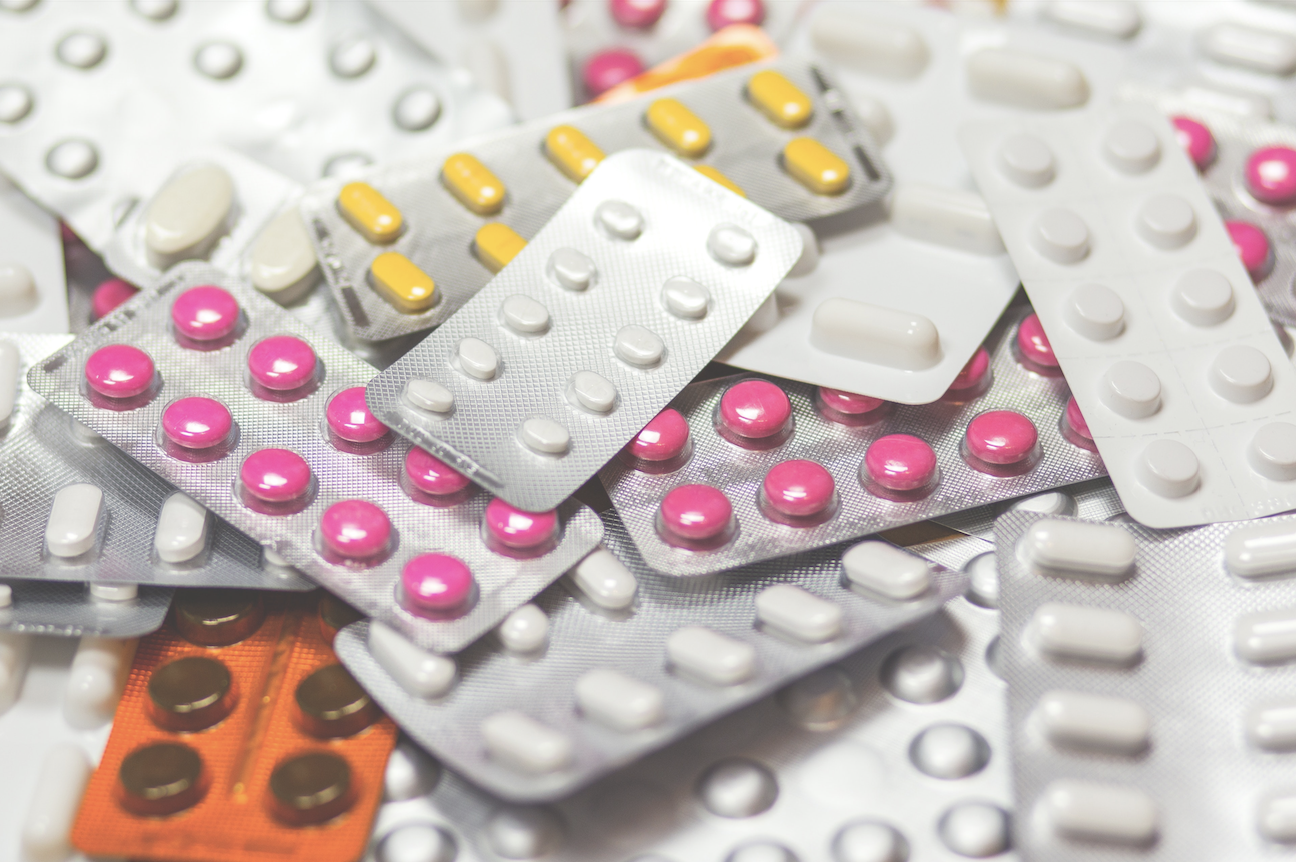
On January 31, 2019, the Department of Health and Human Services’ (HHS) Office of the Inspector General (OIG) issued a proposed rule that would, if finalized, remove the existing legal “safe harbor” that protects rebates currently negotiated between pharmaceutical manufacturers and Medicare Part D prescription drug plans and Medicaid plans. In its place, the agency would create two new “safe harbor” exemptions, including one for discounts that are negotiated and passed through to beneficiaries at the point of sale (POS).
The agency will accept comments on the proposal through Monday, April 8. Because of the timing of the rule’s release, it is unclear whether a new policy could be finalized in time to impact negotiations for the 2020 plan year.
Increased “Gross to Net Bubble” Driving Factor in Proposed Change
The motivation for the proposal is because the agency is concerned about the “gross to net bubble” for prescription drug prices. In essence, HHS asserts that list prices for prescription drug have been increasing faster than net prices, after rebates. Because pharmacy benefit managers (PBMs) derive revenues off of the difference between list and net prices, there could be an incentive for PBMs to push beneficiaries towards products with higher list prices and higher out-of-pocket costs for beneficiaries and higher spending for the government.
Proposal Outlines Perceived Issued with Rebates
- Rebates hurt beneficiaries by increasing out-of-pocket costs at the pharmacy counter. Because many rebates are not passed through to the consumer at the POS, consumers do not benefit from reduced out-of-pocket spending, especially when coinsurance is used in the benefit design. Additionally, with respect to Medicare Part D, previous work by the OIG has found that sponsors “commonly” underestimate bids for premiums, leading to higher monthly premiums for beneficiaries “than need be.”
- High list prices harm federal health care programs. In the proposed rule, HHS notes that increased prices for existing drugs and biologics, not just the introduction of new products and increased utilization, is also a major driver of overall federal program spending on prescription drugs. Specifically, HHS states that rebates “have been ineffective and counterproductive to putting downward pressure on drug prices.”
- Rebate system is not transparent. HHS is seeking feedback from stakeholders on the issue of transparency and rebate agreements, which are famously opaque, and how that opaqueness impacts overall competitiveness and program compliance.
HHS Proposes Two New Safe Harbors
This rule proposes removing the existing safe harbor for drug rebates. In its place, HHS is proposing two new safe harbors for the following:
- Point-of-sale (POS) reductions in price to plan sponsors that are applied at the POS to benefit the beneficiary
- Certain fixed service fees that pharmaceutical manufacturers pay to pharmacy benefit managers (PBMs)
Safe Harbor for Point-of-Sale Price Reductions Proposed
Under the safe harbor for POS reductions, manufactures could offer these price reductions to a plan sponsor or a PBM acting under contract with a plan sponsor when the following conditions are met:
- The price reduction is fixed and disclosed in writing to the Medicare Part D plan sponsor, the Medicaid managed care organization (MCO), or PBM by the time of initial purchase of the product on behalf of the enrollee
- The price reduction does not involve a rebate unless the full value of the price reduction is provided to the dispensing pharmacy through a chargeback or the rebate is required by law
- The price reduction is completely reflected in the price a binocularity is charged at the point-of-sale at the pharmacy
This new safe harbor would apply to price reductions for beneficiaries in all phases of the benefit.
HHS has designed these conditions with the goal of excluding “conduct that mimics rebates” but are referred to by other terms in contracts. The agency believes that these POS reductions pose less risk to Medicare Part D, Medicaid MCOs, and beneficiaries than the current rebate system.
CMS is seeking feedback on the details of this new safe harbor and its impact, including:
- The extent the safe harbor would incentivize manufacturers to provide these discounts
- Issues related ownership relationships between pharmacies and PBMs
- Possible concerns that allowing the price reduction to be processed at the POS may give pharmacies enough information to reverse engineer the discount structure
Second Safe-Harbor Would Protect Certain PBM Service Fees
The second safe harbor proposed by HHS would protect fixed fees that manufacturers pay to PBMs provided they meet certain criteria:
- The PBM and manufacturer have a written agreement that:
- Covers all services related to a PBM’s arrangement with health plans that the PBM providers to the manufacture
- Specifies each of the services to be provided and the compensation for these services
- Compensation to the PBM must be consistent with fair market value; be a fixed payment not based on a percentage of sales; and not be determined by accounting for volume or value of any business generated between the manufacturer and the PBM and the manufacturer and the PBM’s health plans
- The PBM discloses at least annually in writing to its health plans, and to the HHS Secretary upon request, the services it provides to each manufacturer and the costs associated to that service.
The fees would be provided to PBMs for services to a manufacturer related to benefit management services the PBM provides to health plans. The fees may not be for services the PBM is providing to a health plan. HHS suggests that these services would be related to data gathered by the PBMs from the health plans they serve. Preventing duplicate discounts on 340B claims is given as a specific example.
CMS is seeking feedback on this safe harbor and the proposed criteria to meet the safe harbor protections.


